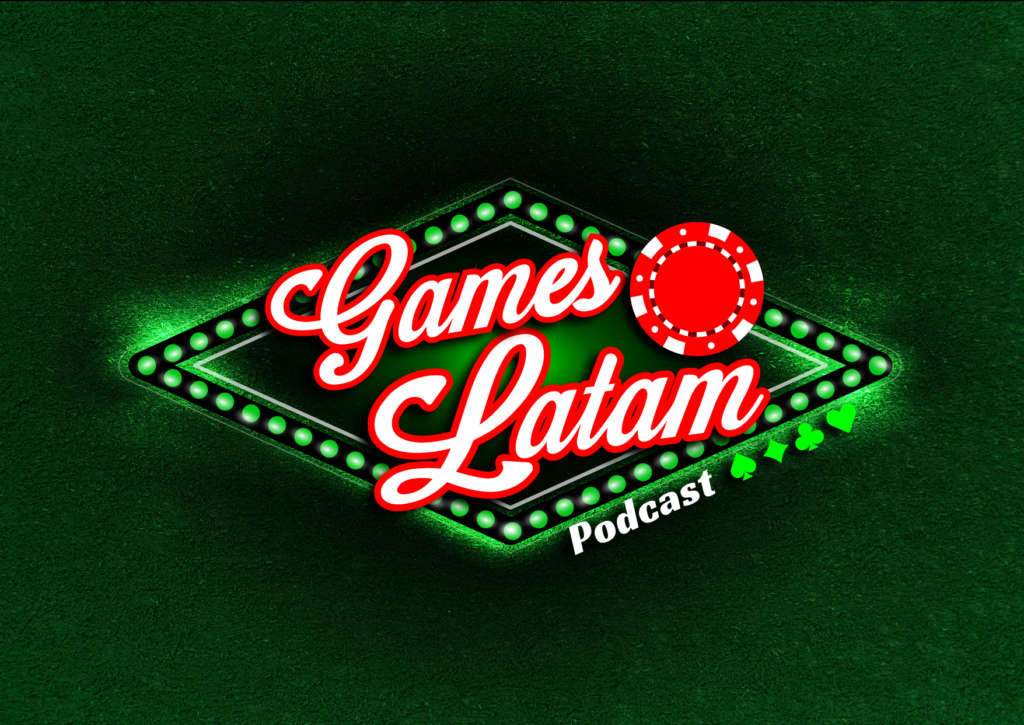Maine Lawmakers Expand Online Casino Bill Amidst Controversy
In a bid to reshape the iGaming landscape, Maine lawmakers have introduced amendments to an online casino bill, sparking debates and controversies. As a gambling professional, let’s explore the implications of these changes and their potential impact on the state’s gambling industry.
Amidst a backdrop of economic aspirations and tribal sovereignty, Maine legislators are redefining the contours of online gambling legislation. Let’s delve into the intricacies of these amendments and their far-reaching consequences.
Maine’s Online Casino Bill: A Legislative Overhaul
Legislative Document 1777, spearheaded by Rep Laura D. Supica and Sen Craig Hickman, originally aimed to authorize online gambling exclusively through Wabanaki tribal nations. However, recent amendments have broadened the scope of the bill, introducing significant changes to its tax structure and operational framework.
Tax Rate Adjustment and Revenue Allocation
Initially proposing a 10% tax rate, lawmakers have now revised it to 16% following a decisive 7-1 vote. Additionally, discussions revolve around allocating 1% of revenue to support racing activities at state-sanctioned tracks, showcasing a multifaceted approach to revenue distribution.
Expanding the Definition of iGaming
One of the pivotal amendments includes broadening the definition of igaming, reflecting a nuanced understanding of the evolving online gambling landscape. This expansion aims to accommodate emerging trends and technologies, ensuring regulatory agility and adaptability.
License Terms and Age Restrictions
Under the proposed amendments, licenses in Maine would be granted for four years at a cost of $200,000, with options for renewal. Moreover, igaming activities would be restricted to individuals aged 21 and older, aligning with existing gambling regulations.
Bipartisan Support and Opposition
While LD 1777 enjoys bipartisan support from House Speaker Rachel Talbot Ross and Senate President Troy Jackson, Governor Janet Mills has expressed reservations, particularly regarding tribal control. This dichotomy underscores the complexity of tribal-state relations and the divergent perspectives on gambling legislation.
Challenges and Delays
Originally introduced in 2023, LD 1777 faced hurdles, including bomb threats against government facilities, which delayed its scheduled vote in January. Despite these challenges, legislators remain determined to navigate the intricacies of online gambling regulation and tribal partnerships.
Conclusion: As Maine lawmakers navigate the intricate web of online gambling legislation, the amendments to LD 1777 represent a significant milestone in the state’s gambling landscape. With debates ongoing and stakeholders voicing diverse opinions, the future of online gambling in Maine hangs in the balance. As a gambling professional, it’s imperative to monitor these developments closely and anticipate their implications for the broader industry landscape.
The post Maine Amends Online Casino Bill to Support Tribal Nations appeared first on Gamingo News.
Maine Lawmakers Expand Online Casino Bill Amidst Controversy In a bid to reshape the iGaming landscape, Maine lawmakers have introduced amendments to an online casino bill, sparking debates and controversies. As a gambling professional, let’s explore the implications of these changes and their potential impact on the state’s gambling industry. Amidst a backdrop of economic
The post Maine Amends Online Casino Bill to Support Tribal Nations appeared first on Gamingo News.
Participe da IGI Expo 2026: https://igi-expo.com/












